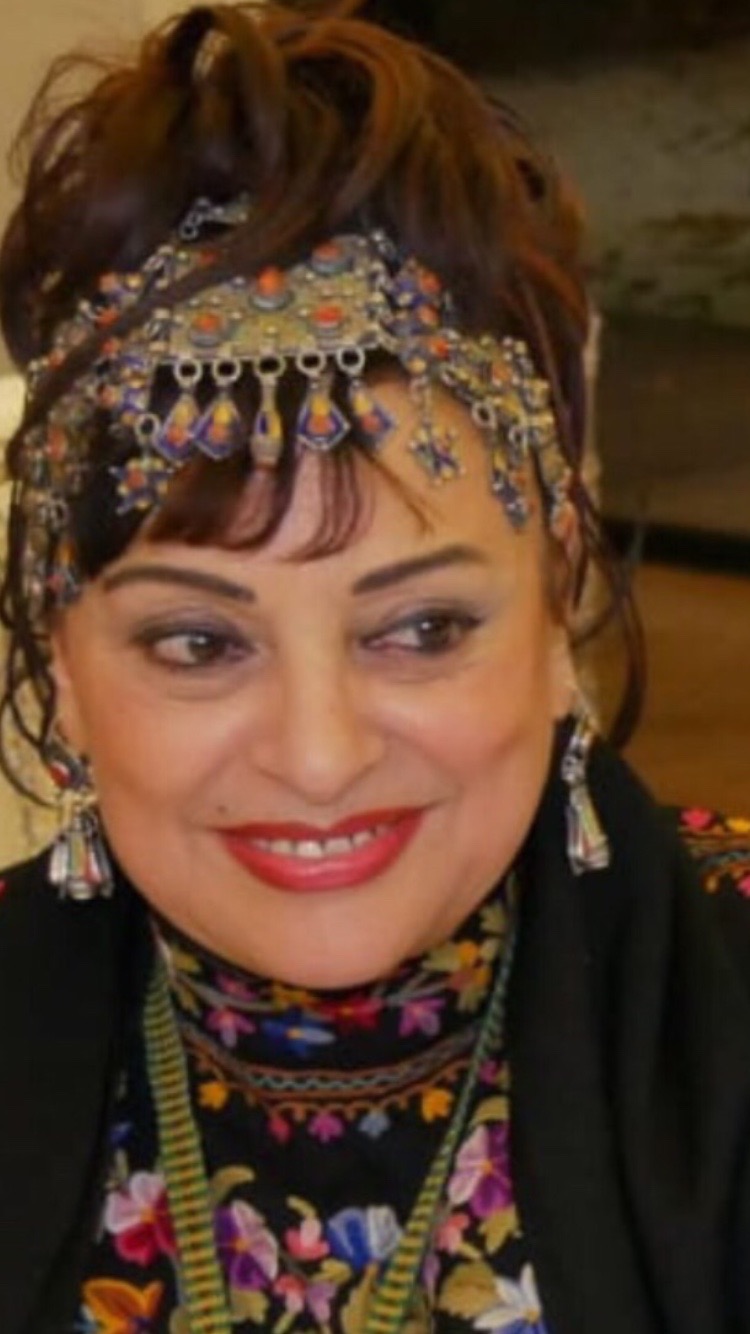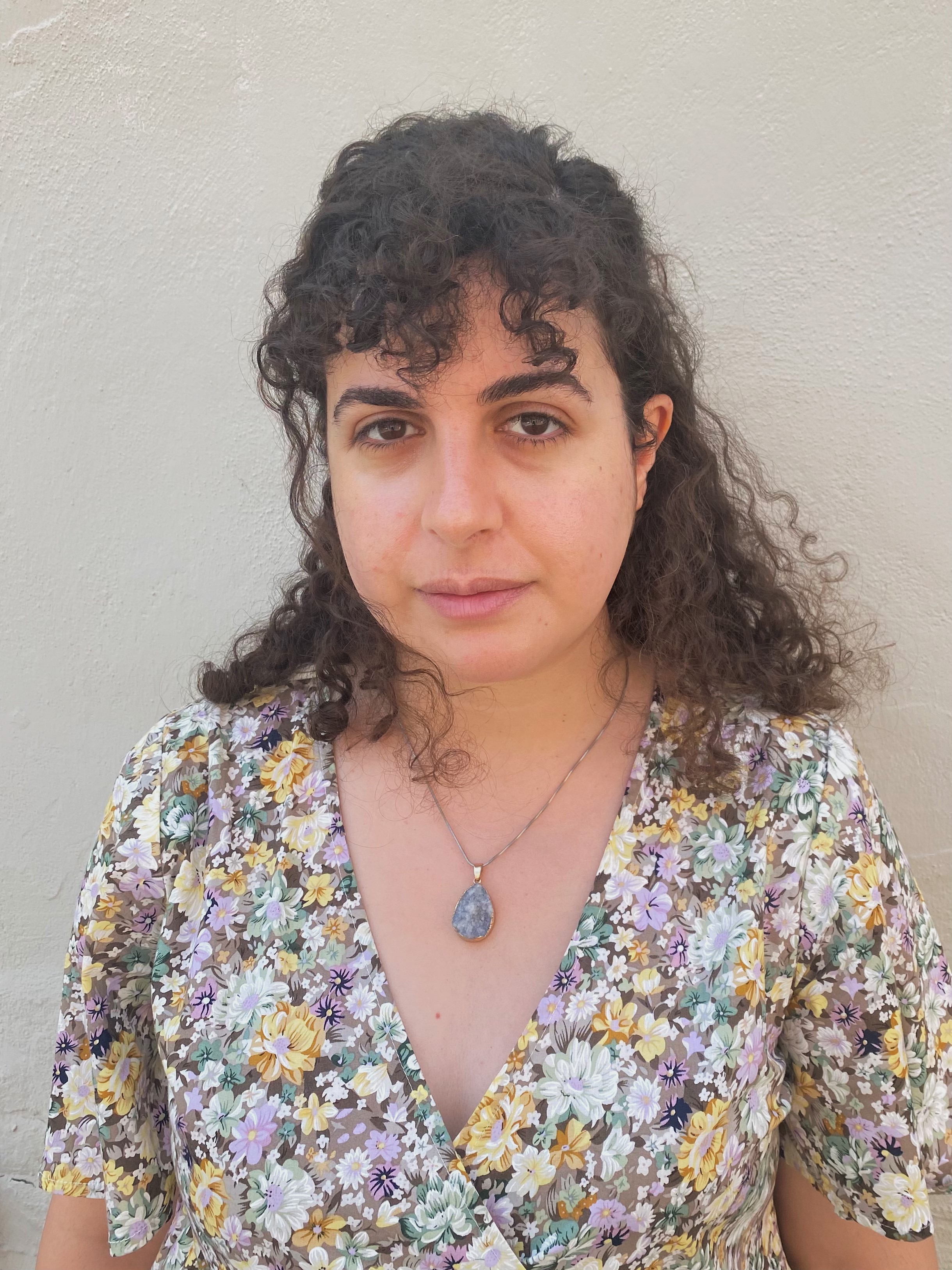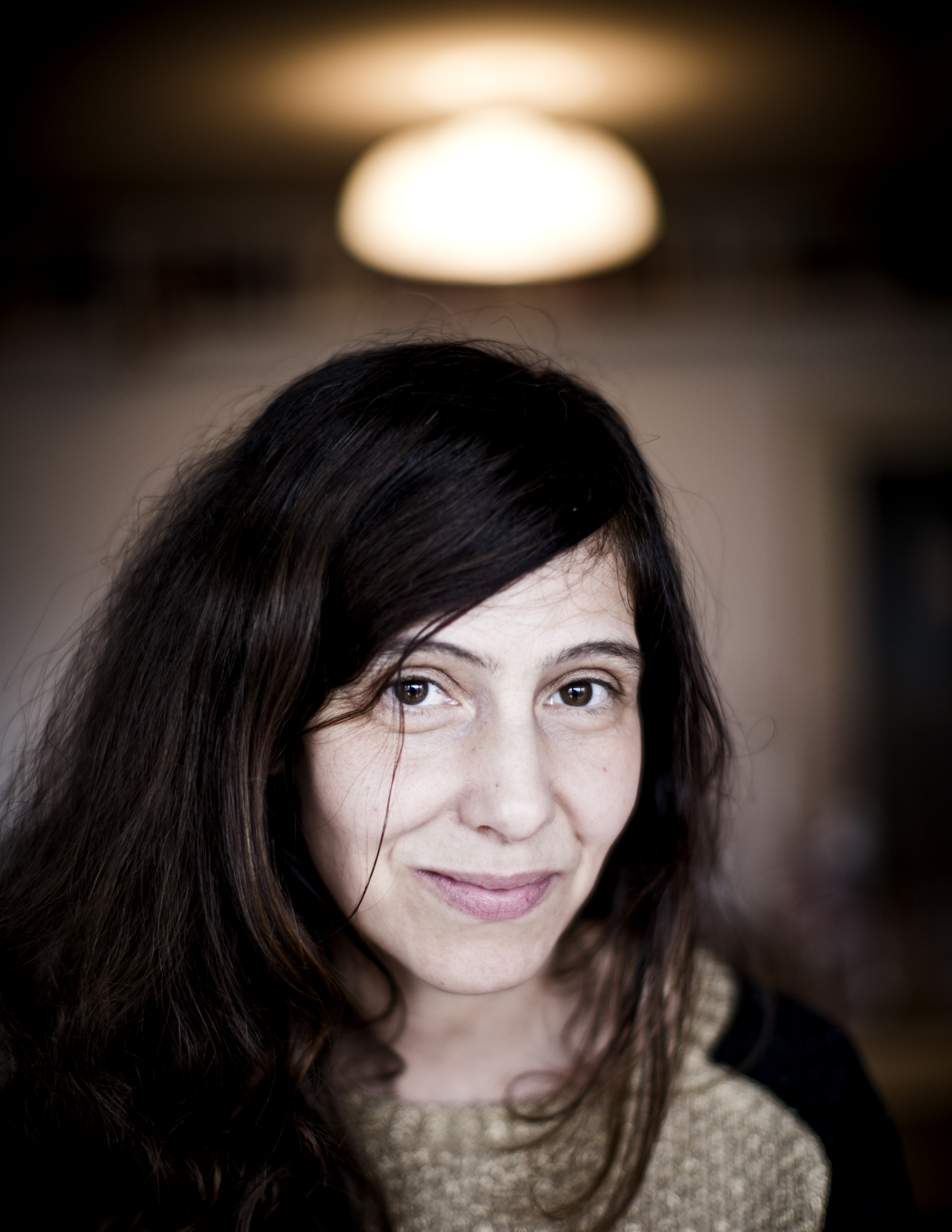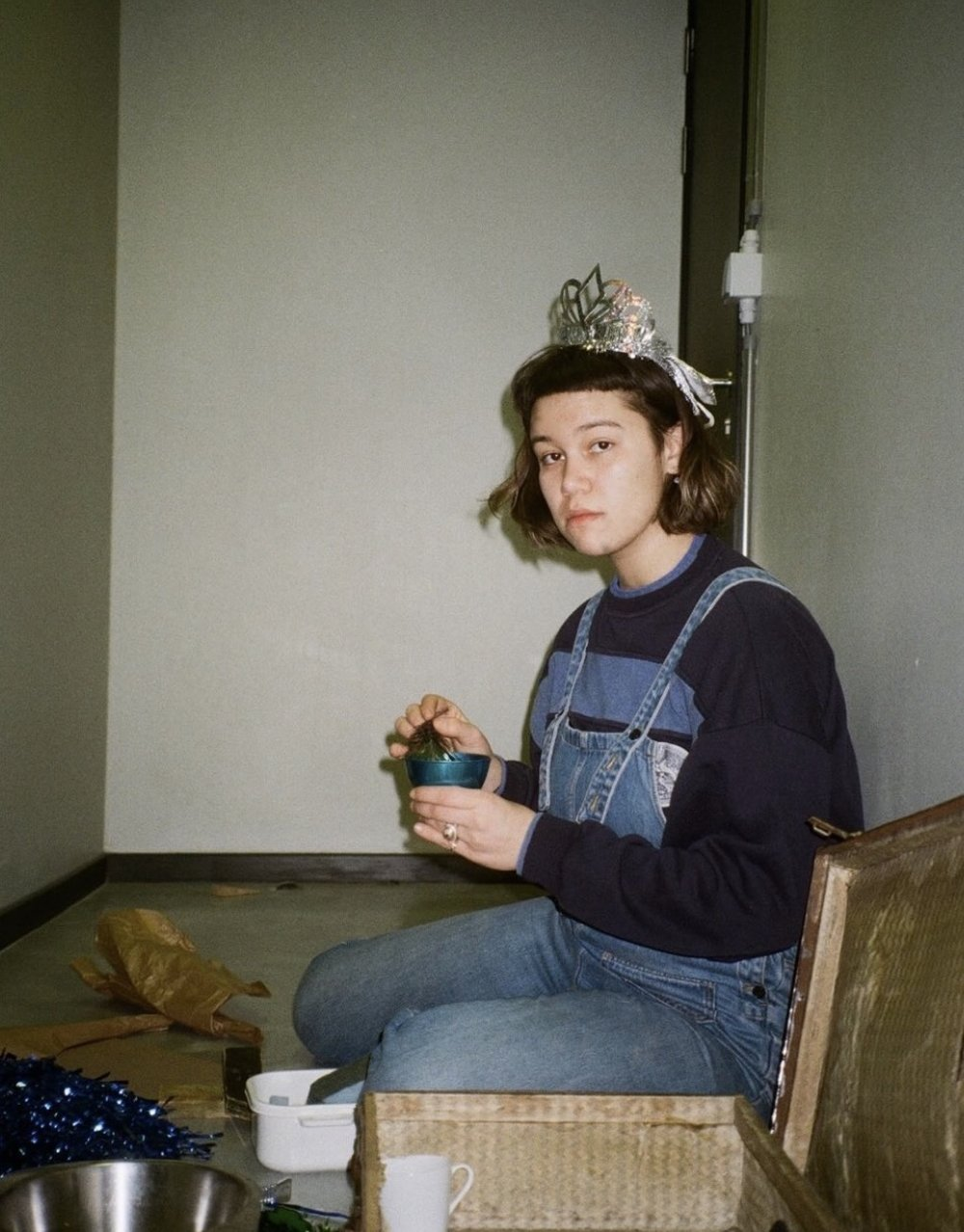Breadcrumb
Lost Stories. A Female Gaze on Migration Histories
Ali au pays des Merveilles
Film screening and discussion
Get your ticketⒸ Still from Ali au pays des Merveilles, illustration by Joud Toamah
Ali au Pays des Merveilles
This experimental film by Djouhra Abouda and Alain Bonnamy is a raging cry to French society, that wonderland where exploitation and racism thrive, where domination and the colonial spirit live on. With remarkable editing and a striking soundtrack, the film shows an increasingly devastating conflict between the actions of workers and those of the society that employs them without ever seeing or considering them.
Djouhra Abouda and Alain Bonnamy made the film in their twenties, as participants of the Centre Universitaire de Vincennes – a leftist cinema collective formed in the aftermath of the May 1968 uprisings. Unavailable to see for decades, it was only very recently restored by Image Retrouvée based on original negatives and a 16mm copy, led by the non-profit Talitha association in collaboration with the two filmmakers.
The film screening at Cinema RITCS will be followed by a discussion between Djouhra Abouda, film programmer Mahdieh Fahimi, visual artist Saddie Choua and RITCS-student Kenza Lansari.
PROGRAM
19:30 - Screening Ali au Pays des Merveilles
20:30 - 21:30 - Q&A with Djouhra Abouda, Mahdieh Fahimi, Saddie Choua and Kenza Lansari.
PRACTICAL INFO
The film is in French and Arabic with subtitles in English. The aftertalk will be mainly in Dutch, with simultaneous translation into French.
This event is part of Lost Stories. A Female Gaze on Migration Histories, a four-day film festival from 8 until 11 March focusing on the theme of migration through under-represented eyes by showing films by female filmmakers from North Africa and South-West Asia.
Djouhra Abouda (also known as Djura) is a film director, singer and songwriter born in Algeria in 1949. Arrived in France at the age of five, she obtained the baccalaureate of philosophy. Being attracted by theater and cinema, she envisages to make an artistic career but her father was against it. She ran away and broke with her family and was initiated into experimental cinema at the Centre Universitaire in Vincennes. There she directed three films with Alain Bonnamy: Algérie Couleurs (1972), Cinécités (1974) and Ali au Pays des Merveilles (1976), a hard-hitting film with a certain impact. At the end of the 70s, she founded the music group Djurdjura, a fusion between modern music (folk, pop rock) and traditional Kabylic melodies and rhythms. Her autobiographical book Le Voile du silence, in which she recounts her struggle to exist as a woman, has sold more than 200.000 copies.

Mahdieh Fahimi was born in Belgium but grew up in Iran. As a young adult, she returned to Belgium and obtained a master's degree in visual arts from LUCA School of Arts in Ghent in 2018. Since then, she has been actively writing and reflecting on film, mainly but certainly not limited to films and creators from the SWANA region.

Am I the only one who is like me? This is a question characteristic of Saddie Choua’s life and work. It problematizes the position of the solitary I that is also never disconnected from the other. The power order that conditions the solitary “I”, is another central subject. Where does this otherness sit in the hierarchy of power? Where is her oppression and exploitation concealed or exoticed? Saddie Choua questions the relationship between maker and image and asks us to think about how we consume images and dialogues about the other and how they affect our self-image and historical consciousness.
Saddie Choua is a doctoral researcher at RITCS filmschool in Brussels and a lecturer at Sint Lucas school of arts Antwerp and RITCS. She is part of the artist collective ROBIN.

Kenza Lansari is studente Radio aan het RITCS. Ze heeft jarenlang gedanst, en heeft een passie voor performance, experimentele geluidskunst en radio.

Er zijn nog geen foto's toegevoegd voor dit event.
